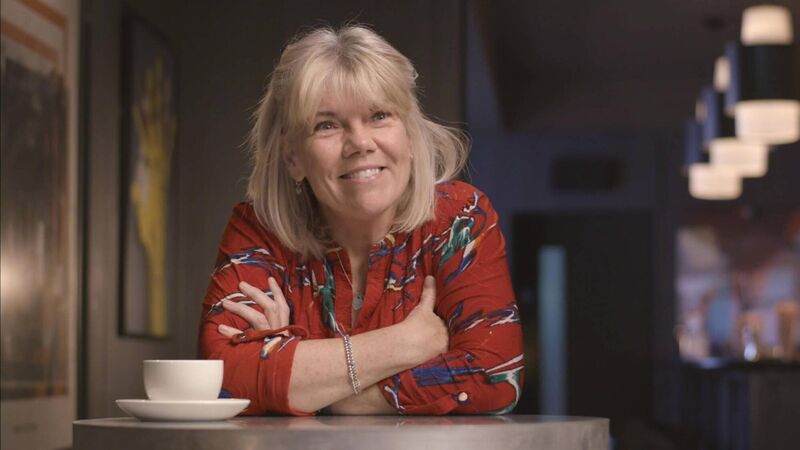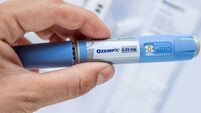Learning about our menopausal bodies and minds is crucial - and these three books will help

Deirdre Lundy: “The science is actually pretty simple and the knowledge is there,”
You wait generations for a decent Irish book on menopause and then three come along at once, two written by doctors and the third by a menopause coach. Given how erratic the general medical profession can still be when it comes to menopause support and information, learning about our own menopausal bodies and minds is crucial. We are the menopause generation who are no longer prepared to put up and shut up, but to have this all-encompassing mind-body phenomenon placed squarely in the conversation, and in the wider culture.
We know about hot flushes and a lack of vaginal lusciousness, but what about dry eyeballs and a strong desire to rip your life up and start it again, if only you had the energy and could remember where you put your keys? Until five minutes ago, we were not talking about any of this. Now we can’t stop. There’s even a touring stand-up on the subject — Irish comedian Anne Gildea, fed up of being fobbed off, wrote a one-woman show, 'How To Get The Menopause & Enjoy It'.











